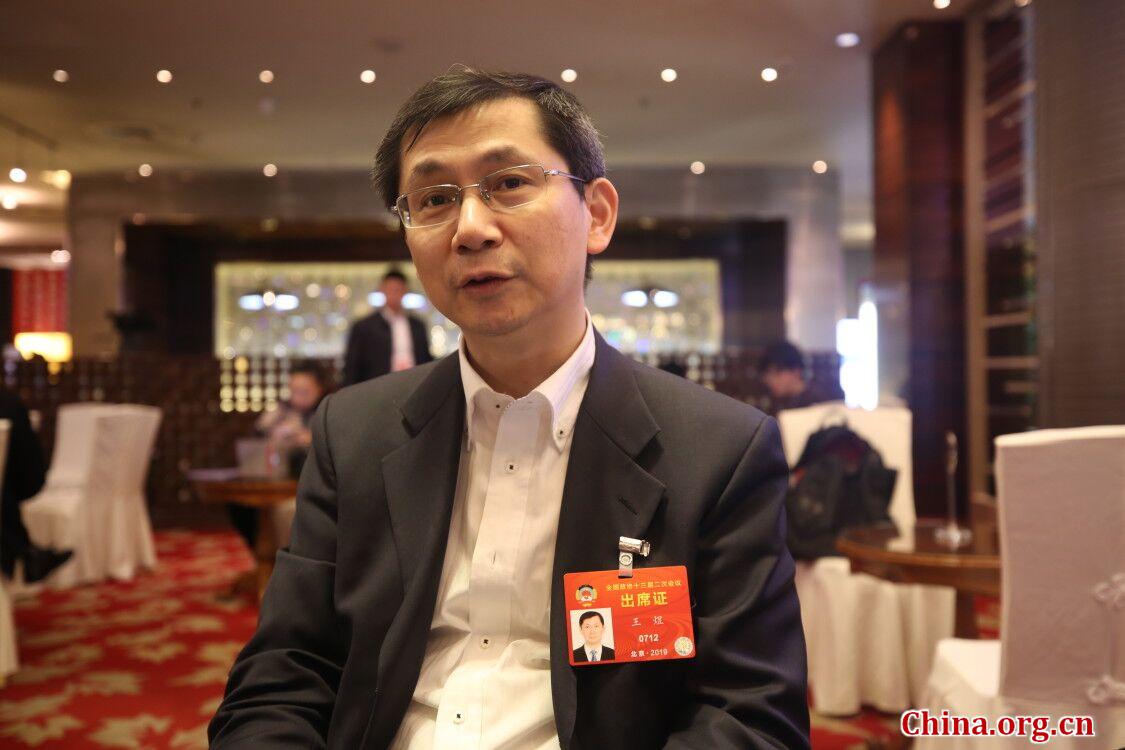?Tap potential of China's inbound tourism: CPPCC member
- By Guo Yiming
 0 Comment(s)
0 Comment(s) Print
Print E-mail China.org.cn, March 8, 2019
E-mail China.org.cn, March 8, 2019
China should step up effort to drive inbound tourism, according to Wang Yu, a member of the Chinese People's Political Consultative Conference (CPPCC), the country's top political advisory body.

While more and more Chinese people are opting for foreign travel, China's inbound tourism is developing relatively slow, said Wang, chairman of Spring Airlines, the country's largest budget carrier.
Statistics show the number of Chinese people traveling abroad in 2018 grew by 14.7 percent to around 150 million, while inbound trips only rose by 1.2 percent to 141.2 million, among which about 110.66 million were from Hong Kong, Macao and Taiwan, and only 30.54 million from abroad.
The figure is far behind that of France, the world's largest inbound travel destination, which recorded 90 million visitors last year.
Moreover, China's revenue for inbound tourism last year totaled US$127.1 billion, way behind the United States, the world leader with US$1.05 trillion.
According to calculations by the World Tourism Organization (UNWTO), a one yuan increase in tourism revenue will lead to 4.3 yuan of income in related sectors; one job created in the tourism sector will lead to seven jobs created in other sectors.
Regarding the sector's huge potential, Wang said promoting inbound tourism would help bridge the country's trade service deficit, drive consumption and increase social investment.
Conditions were ripe for China to further expand the industry, he said, listing the country's greater openness, good social security, sophisticated transportation network, wider foreign language literacy and an improved service sector.
Wang suggested the government take the lead in improving weak links in the domestic tourism sector, increase publicity of China's tourism resources overseas, address key concerns of foreign tourists regarding their China trips, introduce more customized travel-related products, and step up market regulation and management.
"Tourism increases people-to-people exchanges and friendship," Wang said. "By inviting more foreigners to travel in China, the rest of the world will have a better understanding of Chinese culture and its development."





